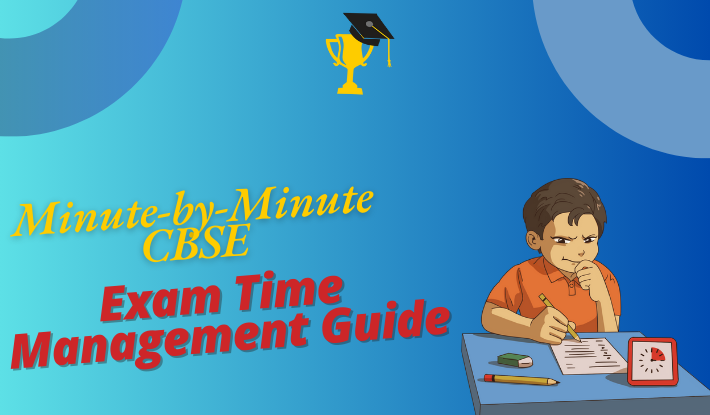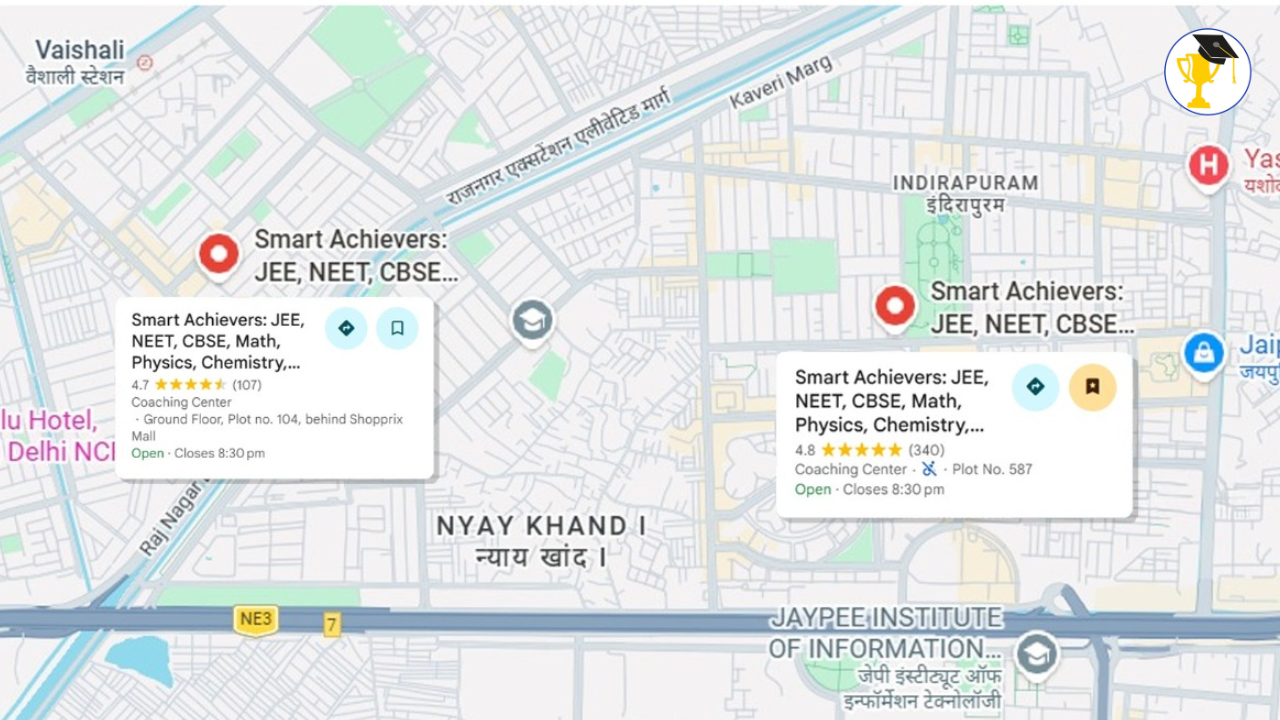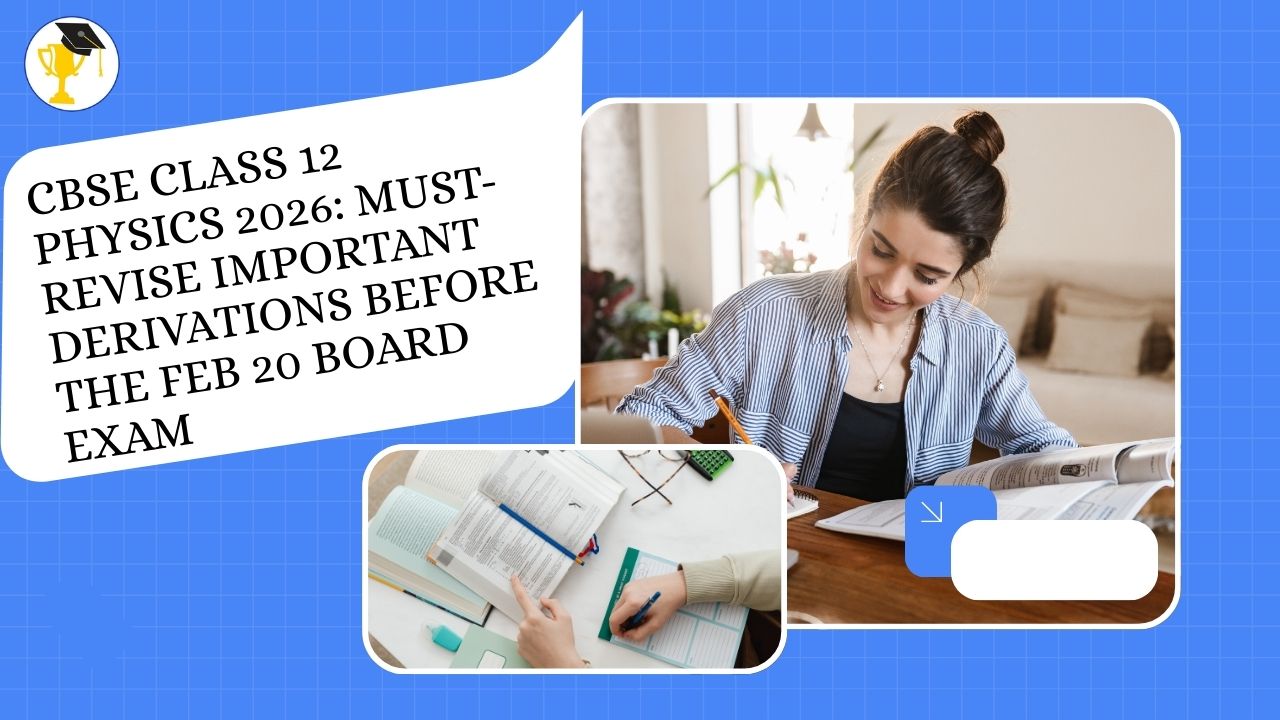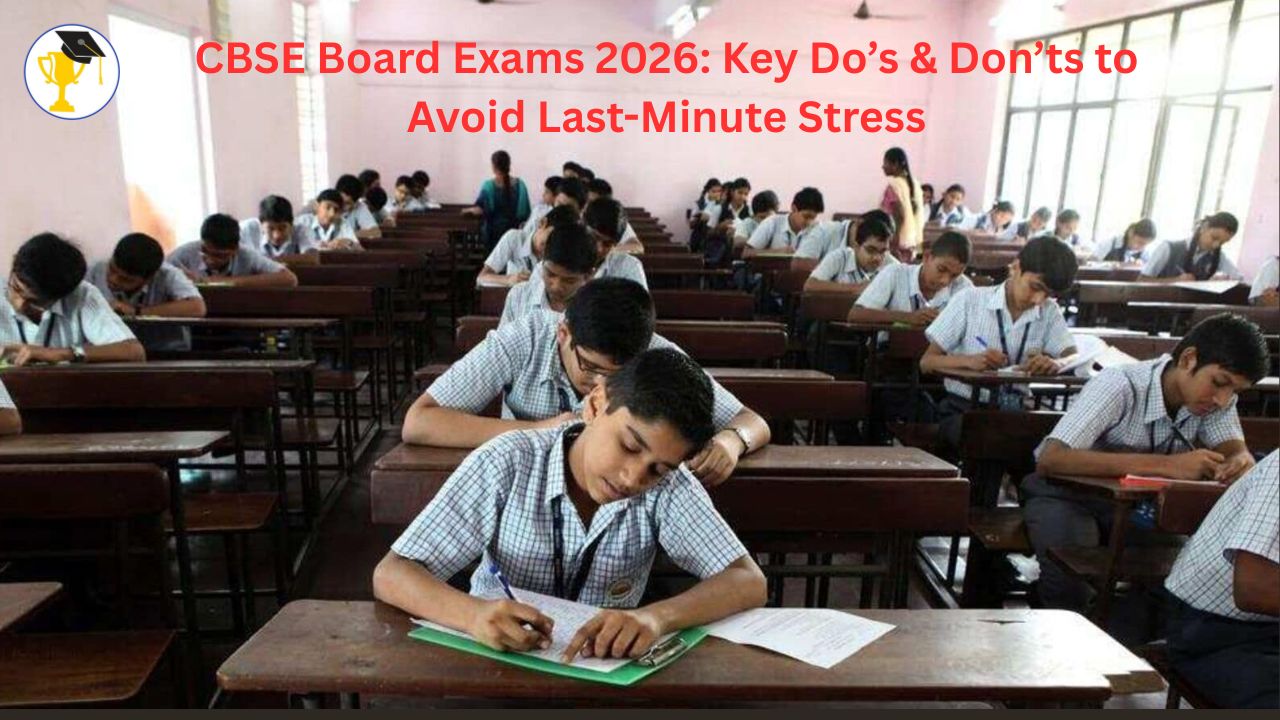How to Manage Time During CBSE Exams: A Minute-by-Minute Guide
Managing time effectively is one of the most crucial skills for excelling in CBSE board exams. With limited time to answer a variety of questions, a solid time management strategy for CBSE exams can significantly boost your performance. This guide provides practical, actionable tips to help you manage time during CBSE exams, ensuring you complete your paper with confidence and precision.
Why Time Management Matters in CBSE Exams
Avoids Last-Minute Rush: A clear CBSE exam time allocation strategy prevents panic and ensures all questions are attempted.
Enhances Accuracy: Proper time distribution helps avoid errors caused by hasty answers.
Boosts Confidence: Completing your paper on time leaves you with a sense of control.
Maximizes Marks: Efficient use of time ensures every question receives adequate attention.
Pre-Exam Preparation for Effective Time Management
Understand the Exam Pattern:
Familiarize yourself with the marking scheme and question types, such as objective, short answer, and long answer.
Analyze CBSE exam preparation guides and past papers to understand common patterns.
Practice Timed Mock Tests:
Simulate exam conditions to improve speed and accuracy.
Use practice papers for board exams to evaluate your time management skills.
Develop a Time Allocation Plan:
Decide the order in which you’ll tackle sections and how much time to dedicate to each.
Refer to CBSE exam time management strategies for guidance.

Minute-by-Minute Time Management Strategy
1. Utilize the First 15 Minutes for Reading (15 Minutes)
Read the entire question paper thoroughly.
Identify high-scoring or easy questions to prioritize.
Highlight keywords in questions to avoid misinterpretation.
Plan your approach based on time-saving tips for board exams.
2. Start with Easy or Objective Questions (20-30 Minutes)
Begin with straightforward one-mark or multiple-choice questions to build momentum.
Aim to answer quickly without compromising accuracy.
Use this time to warm up for more complex sections.
3. Focus on Short Answer Questions (30-40 Minutes)
Allocate 5-7 minutes per question.
Write concise and focused answers, sticking to the point.
Use diagrams or examples to enhance clarity when needed.
4. Move to Long Answer Questions (60-70 Minutes)
Spend 12-15 minutes on each long-answer question.
Structure answers with an introduction, main content, and conclusion.
Include neat, labeled diagrams or charts where applicable.
5. Review and Final Touches (10-15 Minutes)
Revisit skipped or unfinished questions.
Proofread for grammatical or calculation errors.
Ensure proper formatting, such as underlining key points and labeling diagrams.
Practical Time Management Tips for CBSE Students
Prioritize High-Scoring Questions:
Answer questions you are confident about first.
Use Rough Work Effectively:
Jot down outlines or calculations in the rough section to save time during detailed answers.
Stick to Your Plan:
Avoid deviating from your CBSE board exam preparation tips under pressure.
Avoid Overwriting:
Stick to the word limit to save time and keep answers concise.
Maintain a Steady Pace:
Monitor your time at regular intervals to ensure you stay on track.
Answer in Sequence:
Writing in the order of questions makes it easier for examiners to evaluate your work.
How to Handle Board Exam Pressure: A Mental Health Guide for CBSE Students Click Here
Common Mistakes to Avoid During CBSE Exams
Spending Too Much Time on One Question: Move on and return later if stuck.
Neglecting Review Time: Proofreading prevents losing marks for small mistakes.
Skipping Formats: Use prescribed formats for tasks like letters and essays.
Misinterpreting Questions: Read carefully to avoid costly errors.
Subject-Specific Time Management Tips
1. Science:
Allocate time for diagrams and labeling.
Prioritize numerical questions for quick scoring.
2. Mathematics:
Start with simpler problems to build confidence.
Use rough sheets for calculations and double-check answers.
3. Social Science:
Write structured answers with headings and subheadings.
Spend time on maps and charts for accuracy.
4. English:
Focus extra time on comprehension and grammar sections.
Adhere to formats for letters and essays to score better.
The Role of Technology in JEE, NEET, and CBSE Exam Preparation Click Here
Benefits of Time Management During CBSE Exams
Complete Papers on Time: Ensures you can attempt all questions.
Improved Speed and Accuracy: Reduces careless mistakes.
Minimized Stress: Keeps you calm and focused throughout the exam.
Better Marks: Optimized time leads to well-structured, high-quality answers.
Post-Exam Reflection
After the exam, take time to reflect on your time management:
Assess how well you adhered to your plan.
Identify areas for improvement in future exams.
Incorporate these insights into your preparation for the next paper.
Final Thoughts
Mastering time management for CBSE exams is key to excelling under pressure. By following these time management tips for board exams, practicing with previous year question papers, and adhering to your strategy, you can maximize your performance and complete your paper confidently. With proper preparation and consistent practice, you’ll not only improve your speed and accuracy but also boost your overall scores.
 STUDY MATERIALS
STUDY MATERIALS
 COURSES
COURSES
 MORE
MORE























